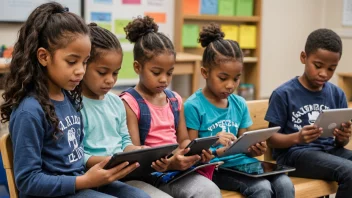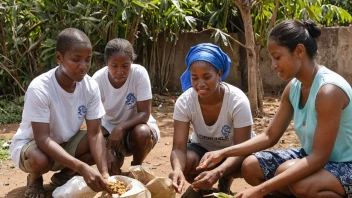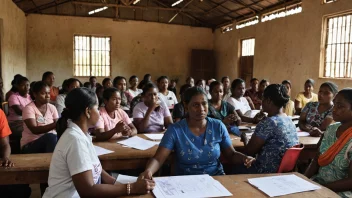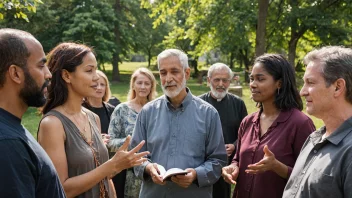Poverty remains one of the most pressing challenges facing our global society, and it is a multifaceted issue that requires comprehensive solutions. Among the most effective strategies for combating poverty is the promotion of education. Education not only empowers individuals but also strengthens communities, creating a ripple effect that can lead to sustainable poverty alleviation.
The link between education and income is well-documented. Individuals who receive a quality education are more likely to secure stable jobs and earn higher wages. This financial stability enables them to provide for their families, access better healthcare, and invest in their children's education, thus breaking the cycle of poverty. Conversely, those without access to education often find themselves trapped in low-wage, unstable jobs that perpetuate their economic struggles.
Education also enhances social mobility. It equips individuals with the skills and knowledge necessary to compete in the job market, regardless of their background. This increased access to opportunities fosters a sense of agency and self-determination, empowering individuals to improve their circumstances and advocate for their rights. When communities prioritize education, they create environments where everyone has the chance to thrive, regardless of their socioeconomic status.
In many regions, however, access to education remains a significant barrier. Factors such as poverty, gender inequality, and geographic isolation can prevent children and adults from pursuing education. Initiatives aimed at addressing these barriers are crucial for fostering educational equity. Programs that provide scholarships, mentorship, and resources for underserved communities can help ensure that education is accessible to all.
Furthermore, education is integral to promoting health and wellbeing. Educated individuals are more likely to make informed choices about their health, leading to better outcomes for themselves and their families. They are also more likely to seek medical care, understand health risks, and advocate for their health needs. This connection between education and health underscores the importance of holistic approaches to poverty alleviation.
To support education as a catalyst for poverty alleviation, individuals can take action in their communities. Volunteering in local schools, supporting literacy programs, or joining initiatives that promote educational access can have a lasting impact. Additionally, advocating for policies that prioritize education funding and equitable access can help create systemic change, ensuring that future generations have the opportunity to break the cycle of poverty.
In conclusion, education is a vital tool in the fight against poverty. It empowers individuals, strengthens communities, and promotes social equity. By investing in education, we are investing in a brighter future for all. As we work together to address the challenges of poverty, let us recognize the transformative power of education and commit to supporting initiatives that promote learning and growth for everyone.
Empowering Communities through Education Initiatives
Education serves as a powerful tool for empowering communities and alleviating poverty, creating pathways for individuals to improve their lives and futures.






